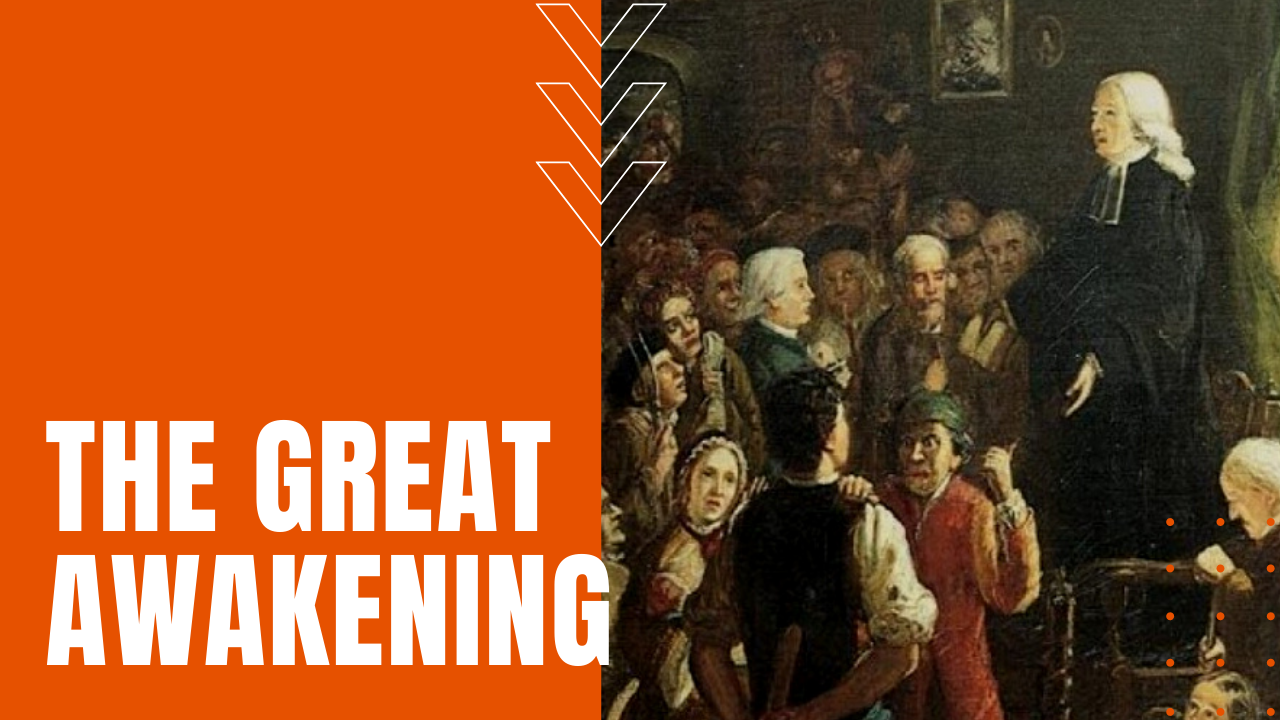The Great Awakening: A Return to Religious Sanctity

Following the Age of Enlightenment in Europe, which emphasized science and logic over religion, many colonists lost interest in Christian worship, preferring to focus on wealth-building and rationalism.
What was the Great Awakening?
By the late 1720s, many colonists began to long for a return to religious sanctity. The colonies were far from homogenous in their Christian faith, finding most of New England adhering to congregational churches, while the Middle and Southern colonies were made up of a hodgepodge of Quakers, Anglicans, Lutherans, Baptists, Presbyterians and the Dutch Reformed.
Preachers who embraced the Great Awakening emphasized the notion that all people are born sinners bound for hell without salvation, which could only be achieved through confession and forgiveness through the grace of God.
Leaders Preaching the Great Awakening
While Great Awakening leaders were in large abundance in the thirteen colonies, Jonathan Edwards is considered by historians to be one of the movement’s most influential stars, where he preached justification by faith alone. Known for his passion and energy, his 1741 high-water sermon entitled “Sinners in the Hands of an Angry God” was circulated widely throughout the colonies.
Edwards was also credited with hundreds of conversions, which he chronicled in his book entitled Narratives of Surprising Conversions.
George Whitefield was another preacher of high impact, who toured the colonies tirelessly up and down the Atlantic Seaboard. Known to shout out the word of God as he trembled at podiums, in one year alone, Whitefield traveled over 5,000 miles, delivering more than 350 sermons. Known to be charismatic, theatrical and overly-expressive, even Ben Franklin—a professed religious skeptic—was so taken by Whitefield’s talents that the two became friends.
Known as “new lights” by those that embraced the Great Awakening, many historians maintain that the movement directly influenced the Revolutionary War, by amplifying the notions of nationalism and individual rights, while the movement also led to the founding of many renowned educational institutions, including Princeton, Rutgers, Brown and Dartmouth universities, making the Great Awakening an uplifting experience for colonial Christians everywhere.
